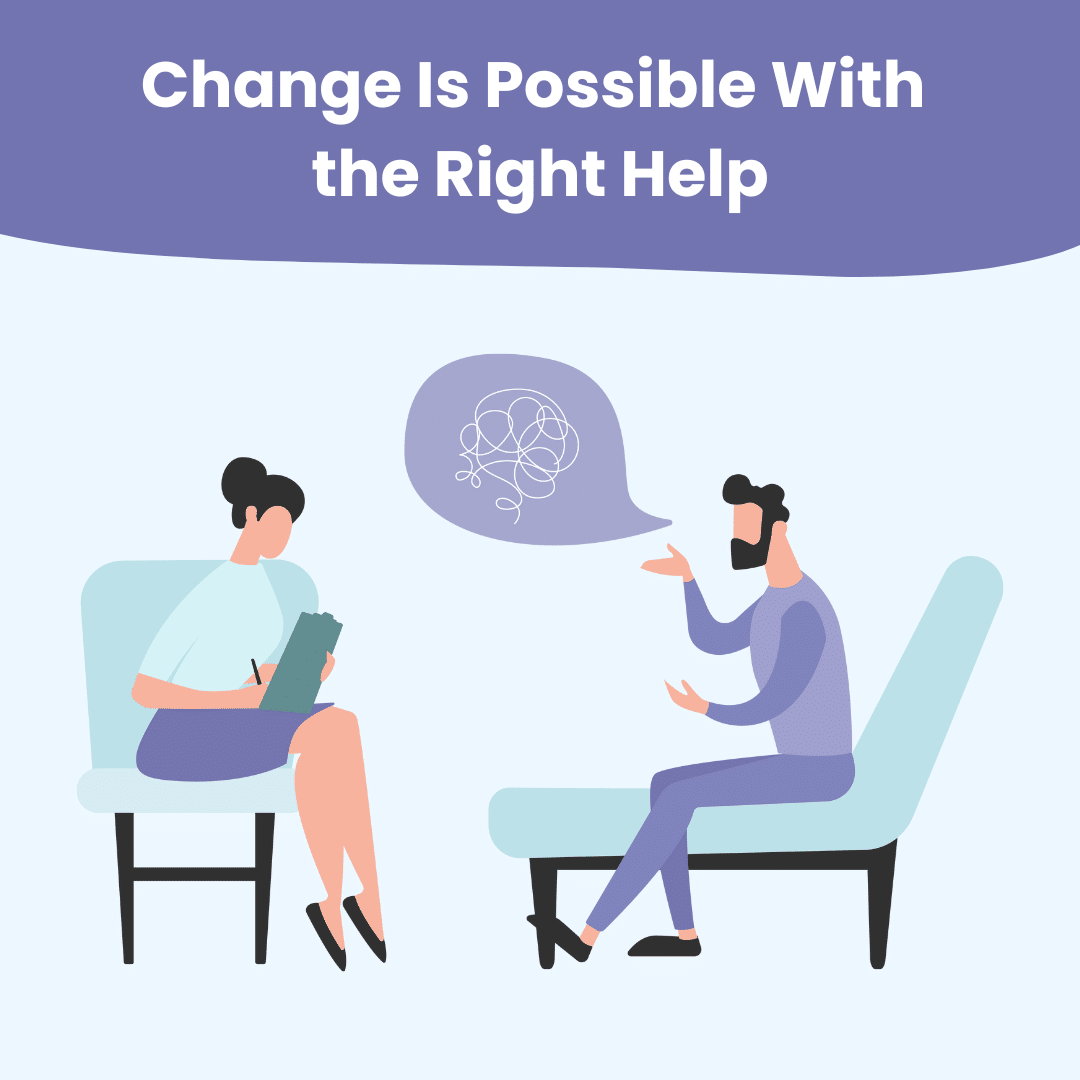
- Updated on 27 June 2024
- Alyssa Fernandez
Tags: poor listening habits; active listening; listening ear; peer support; improve communication
When we feel depressed, stressed or anxious about a personal issue, we often first confide in a friend for an outside perspective. Mostly it feels great to talk your heart out, and unburden yourself.
There are times, however, we come out of the conversation feeling unheard, confused or even more frustrated! Has this ever happened to you? You know your friend cares about you, so how did you end up feeling this way?
Below, we discuss some poor listening habits that people often have, and some tips on how to improve communication.
1) Hogging Airtime With a “Similar” Problem They Had
You: “I’m so irritated at work. My boss said…”
Friend: [Interrupts] “Oh! I don’t like my work either… (Continues on about their own work issues)”
Why It’s Unhelpful
Of course you’d like to be there for your friend too, but on this occasion, you were trying to share your difficult experience and vent your frustration about the issue affecting you. Unfortunately, you found yourself stopping midway because your friend started telling you about their situation instead.
How Else Could They Have Responded?
While people may go through similar situations, every individual’s experience is unique. Take some time to listen to what your friend has to say, without interrupting or changing the topic on your own. At the end, a simple statement paraphrasing the main points could also show them that you’ve been listening.
“It seems like you feel that your boss is micromanaging you, and that stops you from clearing your work effectively.”
2) Providing Unsolicited Advice
You: “I’m very stressed. My partner and I have been arguing daily.”
Friend: “Just break up.”
Why It’s Unhelpful
You’ve probably thought a lot about the issue and considered various options. You could also be experiencing conflicting feelings, not all of which you may have verbalised. It might be a complicated decision. However, when your friend tells you what to do, it diminishes your thoughts and feelings and suggests that there is one simple solution. It also undermines your ability to decide for yourself.
How Else Could They Have Responded?
Instead of thinking about what you would do or immediately coming up with a solution, imagine being in your friend’s shoes, in their circumstances. What could they be feeling? You could observe their facial expressions and body language, or simply ask them.
And don’t worry if you get it wrong – you can then ask what they are feeling instead.
“If I were in your shoes, I would probably be feeling worried. Is that what you are feeling?”
3) Predicting the Future
You: “I just went for an interview, but I doubt I’ll get the job. There were many other candidates who seemed more qualified.”
Friend: “Don’t worry. You will definitely get the job.”
Why It’s Unhelpful
Well, unless your friend has insider knowledge, how would they know that you would definitely get the job? False reassurance is not reassuring at all.
Also, telling someone not to worry is counterintuitive. I wonder what you would think of if I asked you not to think of a pink elephant?
How Else Could They Have Responded?
Landing an interview is in itself an achievement that you could congratulate your friend for. People often think that congratulations are meant for events like graduations and weddings, but small successes can be celebrated too!
You could also acknowledge that being nervous while waiting for interview results is normal. When people realise that they are not the only ones feeling a certain way, it can take a load off their shoulders.
“Oh you got an interview! Congratulations! If I had to wait for interview results, I’d be nervous too!”
4) Being Distracted
You: “Are you even listening??”
Friend: [5 second pause, then looks up from phone]“Huh what?”
Why It’s Unhelpful
We’ve all been there, haven’t we? Having to repeat yourself makes you feel that you were not important enough, or that you were somehow less interesting than whatever your friend was scrolling through on their phone.
How Else Could They Have Responded?
Many people hear what others say, but few listen. Truly listening to someone isn’t a passive process where you sit back and do nothing; it is effortful and requires much focus. Try putting aside distractions like phone notifications and even your own thoughts about what to have for your next meal, and focus on what the other person has to say.
We have probably all been guilty of some or all of the poor listening habits above at some point or another. The next time a friend approaches you, try to use these tips to really listen.
While changes like these don’t happen overnight, with enough practice, we’ll be on our way to building better rapport and more meaningful relationships!
Takeaway
The article discusses common poor listening habits that affect how we communicate with our loved ones.
Unhelpful and sometimes annoying listening habits could include interrupting with personal experiences, offering unsolicited advice, making unrealistic predictions or assumptions, and being distracted during a conversation.
To improve communication, try to listen actively (eg ask questions, follow up, repeat information), refrain from giving advice without hearing the full context, acknowledge the communicator’s feelings, and avoid distractions.
Therapists can help you develop effective and positive interpersonal skills. With the skills you learn in therapy, you can better control your emotions, communicate effectively, listen actively, and build meaningful relationships.

Related Articles
Latest Articles
Recent Posts
- A Therapist’s Guide to Setting Boundaries with Parents
- Anger Management in Singapore: Top 6 Benefits
- Individual vs Group Counselling in Singapore: What’s Right for You?
- Thinking of Switching Your Therapist in Singapore? Read This First
- How Counselling in Singapore Can Help You Overcome Dating Anxiety



